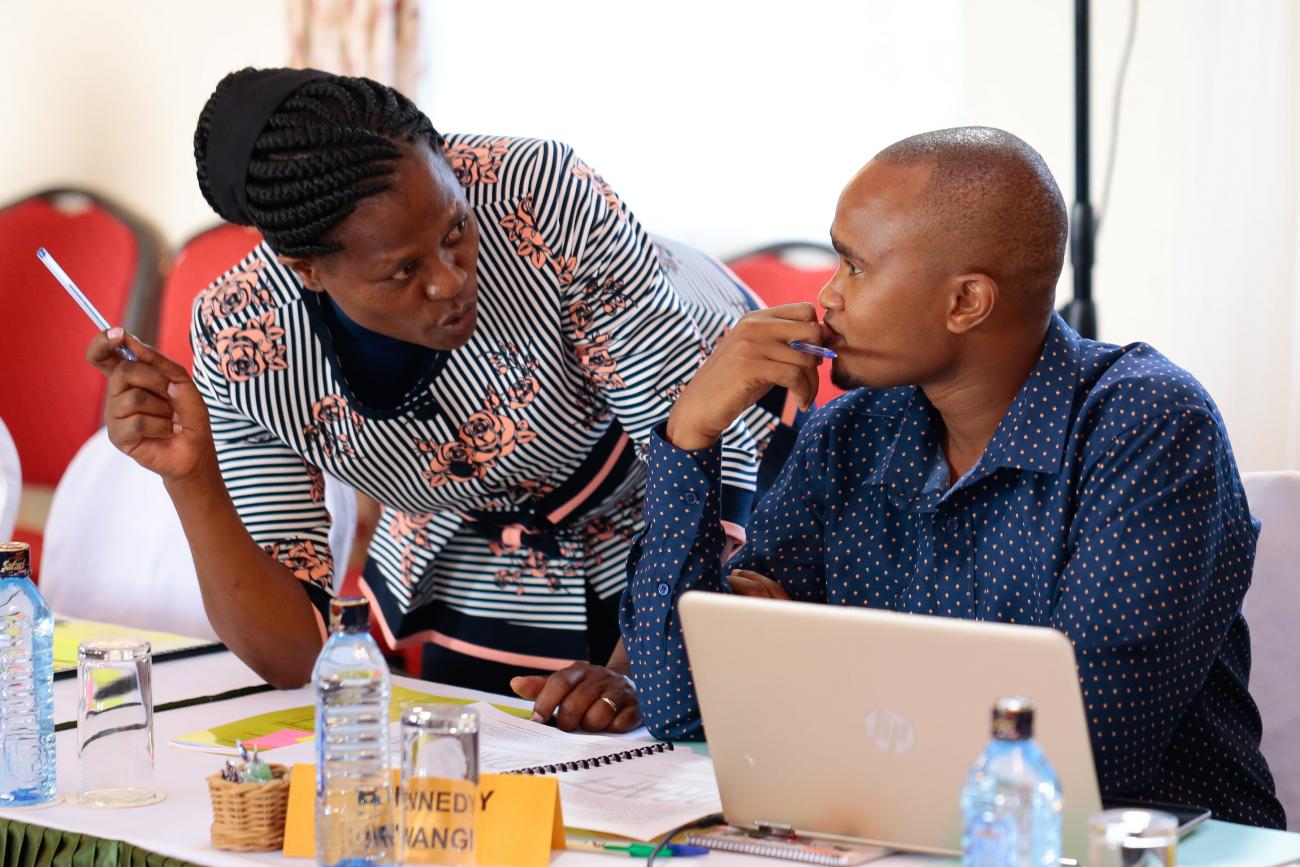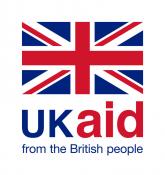
AuthorAID gender in research grants
Between 2015 and 2017 INASP’s AuthorAID project awarded 22 grants to support researchers to present gendered research at conferences or organize a gender workshop in their own institution, as part of the Strengthening Research and Knowledge Systems Programme (SRKS). Grants were available to researchers or gender trainers in higher education institutions across the Global South.
Presenting gender research
The AuthorAID gender travel grants enabled researchers from Ghana, Kenya, Nigeria, Palestine, Cameroon, India, Cambodia and Vietnam to travel to international conferences to present gendered research on a variety of topics. Travel grants supported researchers directly addressing gender inequalities in higher education as well as research on other topics with a strong focus on sex and gender differences.
“It offered me the occasion to meet researchers, in the area, share ideas and obtain amazing contributions and new ideas on how to proceed with my PhD thesis. The conference was a revelation and the knowledge gained is not going to serve my personal career only but also my department.” – AuthorAID travel grant recipient
“Attending this conference offered me the opportunity not only to do a presentation but to also meet researchers in my area of interest…. My poster session was very engaging and fruitful as we discussed issues such as what specific gender differences occur with TB and whether gender affects treatment outcomes of patients. We also discussed issues around gender and TB in pregnant women.” – Kingsley Nnanna Ukwaja, presenting research on gender differences in the profile and treatment outcomes of tuberculosis 46th Union World Conference on Lung Health
Increasing gender awareness within higher education institutions
Seven grants were awarded for gender mainstreaming in higher education workshops. Other AuthorAID-supported workshops have focused on gender based violence, gender inclusion in proposal writing, gender and agricultural development and women in STEM.
These workshops have helped increase gender awareness and initiate institutional conversations about gender inequalities in academia and higher education.
Workshops can be a significant first step towards increasing awareness of gender issues and inequalities at institutional level. However, the project recognized the importance of taking this initial work forward. Follow-up grants were awarded to three of our recipients to enable the organization of further activities to build on outcomes and lessons learned:
- Partnership for African Social and Governance Research (PASGR) organized a gender sensitization workshop in March 2016. This workshop sought to create awareness of gender in the work of PASGR among staff and partners. A second grant was used to pilot training focused on gendering social science research.
- Strategic Applications International and University of Nairobi in Kenya organized a policy conference to raise awareness of sexual and gender based violence at university campuses. The conference had representation from departments within University of Nairobi’s 12 campuses, representing their total population of 85,000 students. The resultant outcome document was a set of policy recommendations and an action plan constructed by student leaders, university administrators, medical personnel, psychosocial support service providers, security personnel, Drugs and Alcohol committee and collaborating partners. A second grant was awarded to work with university institutions to implement recommendations from the conference.
- The Institute of Computer Science at Mbarara University in Uganda used its first grant to run outreach sessions with girls to encourage them to take up STEM subjects. Realizing the need to sensitize teachers to the importance of encouraging girls to study STEM subjects, a second grant was awarded to enable them to undertake outreach school visits to work with teachers, and to hold a workshop at Mbarara University for school administrators.
“Participants discussed the levels of gender equality, distinguishing between material inequality and that which often takes a subtle ideological and systemic form”. – Dr. Pauline Ngimwa from Partnership for African Social and Governance Research
In addition to the direct activities supported in these grants, receiving the proposals gave us an insight into priority gender issues and topics within higher education and research institutions of lower- and middle-income countries, thereby increasing our understanding of the needs and challenges many of our partner institutions face. This is something we can build on in our other work focused on supporting women in research to address gender inequality in academia.
Blog: AuthorAID sponsored gender sensitization workshop creates gender awareness in the work of PASGR staff and partners in Nairobi
Blog: How are Higher Education institutions addressing gender issues?


